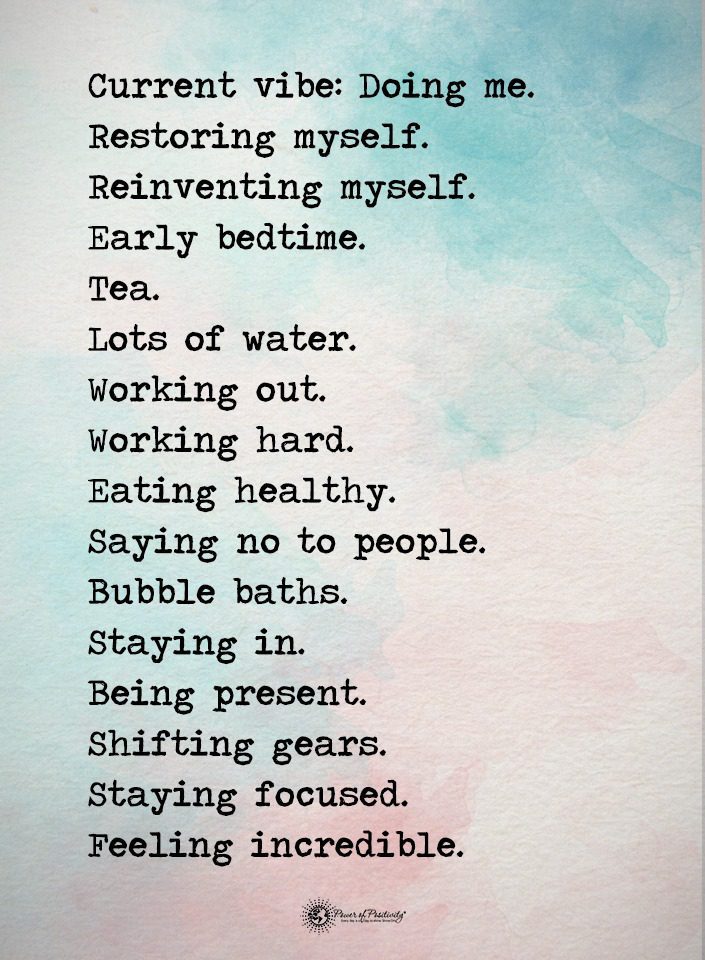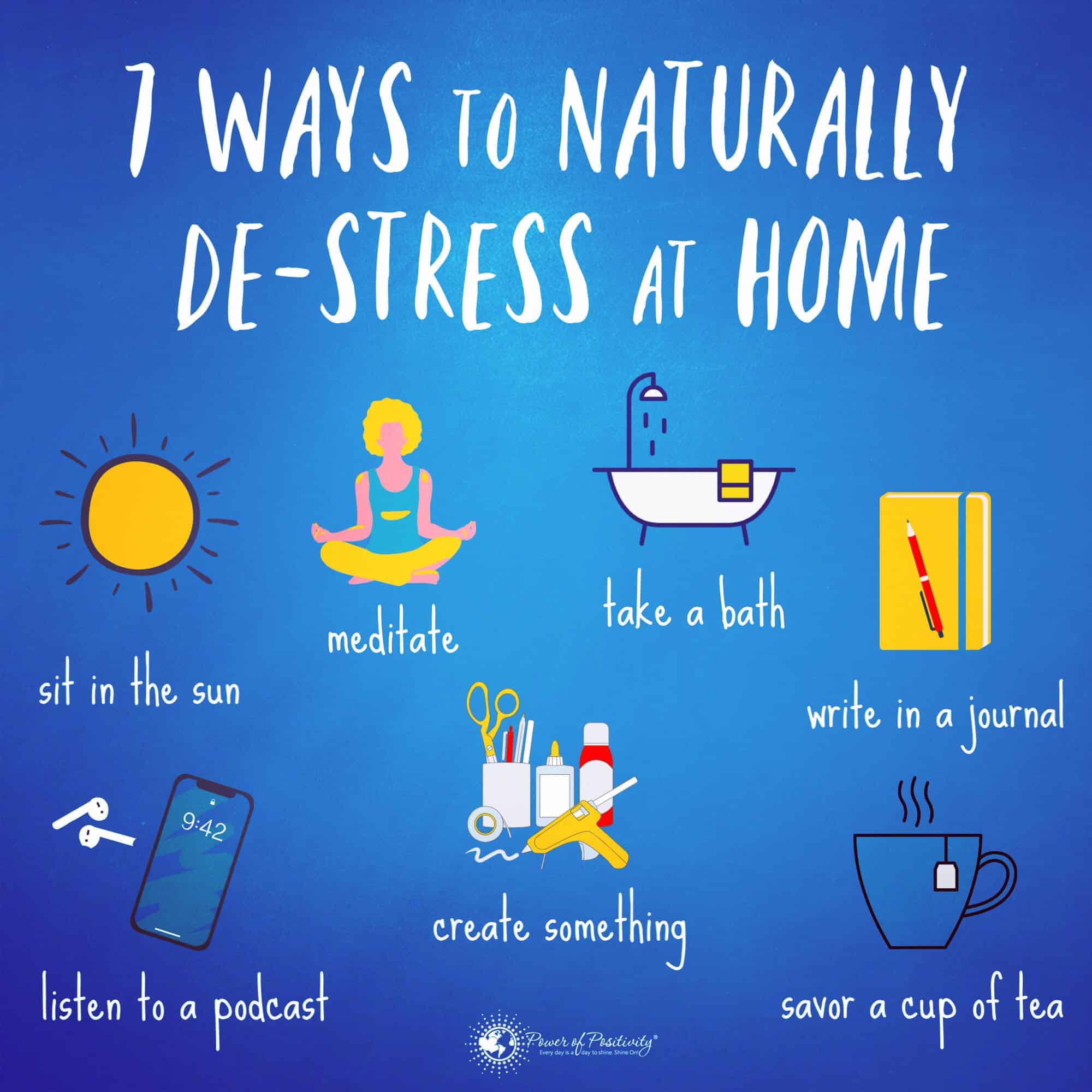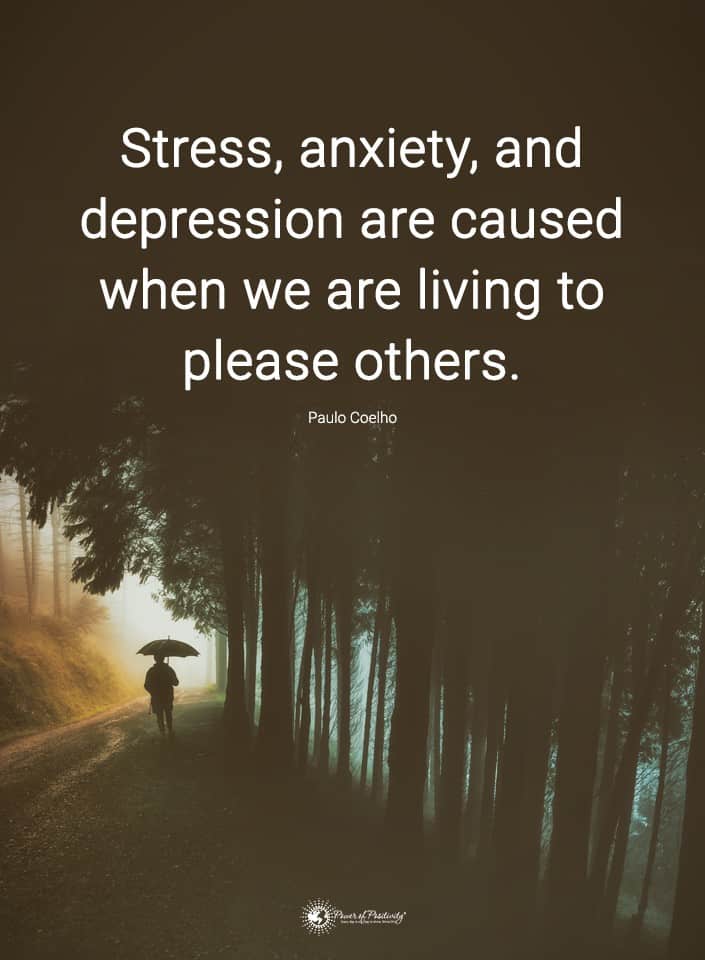Stress is a natural response to challenging, anxiety-inducing, or demanding environments and situations. For many, it’s a standard everyday part of life, and it’s a perfectly healthy biological response in a vast majority of cases. Though many people believe that stress is always to fight, there’s nothing wrong with feeling that emotion now and then.
But there’s a difference between healthy levels of stress and chronic stress. Healthy stress serves to inform you that something is wrong and fill your body with the right hormones to survive. Chronic stress keeps your body in this suspended state of heightened senses and unbalanced hormones for a prolonged period, and it’s easy enough to point out how that could be bad for you!
Chronic stress can stem from many things, such as mental disorders, difficult circumstances, high-pressure jobs, personal problems, and more. These situations can trigger long-lasting physical effects of stress that negatively impact your physical health just as much as your mental health.
With the intense levels of heightened discomfort that chronic stress puts the body under, it’s no surprise that it can all take a lasting toll. A wide range of different symptoms may occur. In fact, you may even be at risk of many different illnesses. But how can something like stress be so powerful, and what can you do about it?
Three Ways Chronic Stress Impacts Your Health
Here are three ways chronic stress impacts your health and ways to fix it in three methods.
1. It Harms Your Digestive System
 Chronic stress manifests most obviously in the digestive system. So if you’ve been in a bad mental state, you’ve probably already noticed how your stomach may turn and your digestion act up as a result.
Chronic stress manifests most obviously in the digestive system. So if you’ve been in a bad mental state, you’ve probably already noticed how your stomach may turn and your digestion act up as a result.
The odd episode of stress now and then isn’t necessarily a bad thing. But being stressed out to a chronic point can really take a toll on that system as a whole. Here are some ways it can be harmful, according to research:
· Stomach Problems
The multiple physical symptoms of stress can cause an upset of the digestive system. With the increased heart rate, a boost of stress hormones, and fast breathing, it makes sense that your stomach will begin to suffer. You may get an ache or discomfort, but you might also have to deal with problems like acid reflux or heartburn. If you have existing stomach ulcers, they may be further agitated, too.
· Bowel Issues
If you’ve ever noticed your bowel movements becoming a little different during times of fear, stress, or anxiety, then you’ll already know how stress can affect your body’s natural way of processing food. You might feel nauseated, be constipated, experience diarrhea, or even throw up!
· Blood Sugar
Your liver works overtime to produce more glucose, so you have the necessary energy to manage stress, but your body may be unable to keep up with all that additional glucose, leading to a risk of unbalanced blood sugar, insulin resistance, or type 2 diabetes.
2. It Harms The Respiratory System
The respiratory system is fundamental to your health, and the dysregulation of emotion – whether from stress or anger – can result in wear and tear type of lung damage, according to studies. To understand how this happens, let’s talk about what the respiratory system does, step by step.
First, air comes in through the nose and mouth, going down the throat via the larynx and then into the lungs through the trachea, ending in the bronchi. Bronchioles then oxygenate red blood cells for the rest of the body to use. Essentially, the lungs’ job is to excrete carbon dioxide waste from the cells and bring oxygen to the cells for the body’s supply.
If, at any point, stress affects one of the parts of the body involved with respiration, that can harm the breathing process. For example, stress can cause constriction of the throat or trachea, causing shortness of breath. And of course, accelerated breathing can happen due to panic and other extreme forms of stress, which can make you feel like you’re not breathing enough.
Chronic stress can exacerbate pre-existing respiratory conditions or put you at risk for developing certain kinds later in life. This includes chronic obstructive pulmonary disease, chronic bronchitis, asthma, and emphysema.
3. It Harms The Cardiovascular System
You’ve probably heard of stress leading to heart attacks. As it turns out, stress does have a terrible effect on the heart and its relevant organs, and research shows just how bad it can get. Once again, it’s important to understand how the cardiovascular system works to understand how stress affects it.
To nourish the whole body, the blood vessels and the heart work together to bring oxygen and nutrition across all the different organs. These two components are also important for forming the human body’s natural stress response. When you experience sudden and unexpected stress, for example, your heart muscles contract, stress hormones go rushing through your body, and your heart rate rushes to deliver the hormones quickly.
But with chronic stress, what happens is that the heart is always under this state of stress and difficulty. You’re constantly overworking your blood vessels and the muscles of your heart, and that means your blood pressure is high all the time. This heightens your risk of developing conditions such as a stroke, hypertension, or a heart attack – and, at the very least, you’ll have to deal with circulatory inflammation, and it may even affect your cholesterol levels.
 Three Ways To Fix Chronic Stress’ Impact On Your Health
Three Ways To Fix Chronic Stress’ Impact On Your Health
Here are three easy ways to help you take control of chronic stress.
1. Write In A Journal
Some people falsely view the act of keeping a journal as “childish,” but it’s actually beneficial! Journaling is an act of reflective and expressive writing, allowing you to spill your guts in a private space regarding anything at all that is bothering you or stressing you out. Then, after you write all of that, you can enjoy the calmer feelings and reflect on those feelings once you’re in a calmer state.
Studies have found that journaling is an effective tool for encouraging positive thinking through the management of stress. Getting into the habit of writing in a journal every day can be a great way to process your everyday emotions and handle daily sources of stress, and you might gain some new insight into your life at the same time!
2. Exercise
Many people repeatedly tout exercise as a miracle cure for stress, and though that is definitely quite an exaggeration, there’s no denying that it can help. The act of expressing stress physically through moderate exercise can help to relieve and expel some of that stress from your brain.
Numerous studies have shown that exercise relieves anxiety, depression, and stress and boosts positive thinking in turn. On the contrary, those who don’t exercise. Here’s how!
- Improved sleep quality and helps you feel more rested, so you’re able to recover from stress and feel more ready to tackle potentially stressful situations during the day.
- More positive hormones like endorphins to help you feel good, reduce stress levels and make you feel better.
- Helping to lower the levels of cortisol, which is the body’s chief stress hormone, and a long-term exercise habit can properly maintain that hormone and its levels/
- Making you feel more confident, allowing you to feel more capable regarding your abilities, so stress doesn’t feel as severe.
You don’t have to do intense exercise to reap these benefits. A healthy and moderate habit that gets a little bit of sweat going and a little bit of blood pumping. Walking, jogging, dancing, and even gardening can all work!
3. Unwind In Social Environments
All human beings need some degree of social interaction, including the most reclusive introverts! Studies have even linked low social connection with anxiety and depression, further driving home the idea that your social life is connected to your mental health.
The exact amount of social interaction you need will vary from others’ needs. But that’s all the more reason to try and see how social environments affect your levels of stress. Here are some ways to unwind in social environments to manage chronic stress:
· Spend Time With Loved Ones
The people you love can provide a lot of support during times of stress. Even being around people you like and making you feel good can boost feel-good hormones like oxytocin in the body, providing stress relief and facilitating improved positive thinking.
· Touch Someone
Engaging in physical touch with those you trust (and who consent, of course!) boosts the love hormone, oxytocin, which can make you feel terrific! It’s a great way to mediate stress. Moreover, even a hug can give you all the oxytocin you could need or want to help yourself feel better. Studies have found that hugging others can decrease cortisol levels, the stress hormone, in the body.
· Play With A Pet
If you’re not able to get human interaction, cuddling and playing with a pet can have a similar oxytocin-releasing effect, according to research! On top of that, having a pet can give you a sense of meaning and purpose. Besides that, this companionship helps you to feel less stressed out and anxious every day.
 Final Thoughts On Some Ways Chronic Stress Impacts Your Health And How To Fix It
Final Thoughts On Some Ways Chronic Stress Impacts Your Health And How To Fix It
Stress, in moderation, is simply a healthy biological response that keeps you alert, strong, and alive when you need it to. The fight-or-flight response fills your body with all the hormones it needs to persist through challenges. But chronic stress is more than just that. It’s that fight-or-flight instinct but over a prolonged period. It’s constantly feeling unsafe and uncomfortable for no logical or rational reason.
Learning to manage stress levels to prevent them from impacting your health is incredibly important. Otherwise, you could end up with many physical symptoms that could escalate to more severe diseases. Remember, there’s no shame in asking for help. Indeed, the chances are that you will need professional aid in the positive management of chronic stress. Talk to your doctor if you feel that you’re struggling with this form of stress!


















